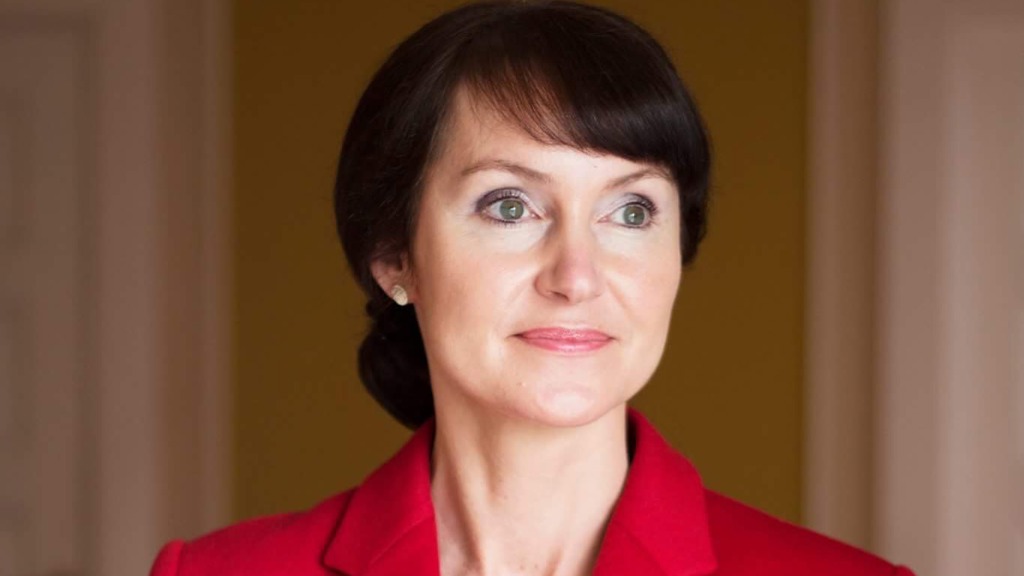
State budget returns will be 500 million DKK next year, national debt will decrease by more than a billion, health services receive unprecedented supplementary funding and subsidies from Denmark now account for only 6 per cent of public income. These were the highlights of Minister of Finance Kristina Háfoss’ presentation on the National Budget Framework for 2020-2024.
Surplus growth from 500 to 700 million DKK
The coalition government is planning for a budget surplus increase from 500 to 700 million DKK in the next five years. This is a surplus of approximately 2.5% to 3.5% of GDP. At the same time, public investments of around 4-500 million DKK a year will be carried out.
The sizeable surplus and investments will be achieved by a cautious fiscal policy, including a careful growth in public expenditure and a growing income, making the most of the current boom in the economy.
Careful expenditure and welfare investments
Increase in public expenditure in 2020 will be 3.5 per cent. This should be considered a moderate growth in expenses, taking into account factors that put pressure on public expenditure, such as wage drift and a growing and aging population. In comparison, municipal expenditure for 2018 and 2019 is around 5 per cent.
Income growth and self-sufficient economy
State income growth is now at 5 per cent and a conservative estimation for 2020 is 2.9 per cent.
Overall progress in Faroese society has brought an increase in public income during the last few years. Since the current government was formed in 2015, state income has increased by almost 1.3 billion DKK – Danish subsidies are unchanged and account only 0.64 billion DKK. As mentioned the planned surplus for next year is 0.5 billion DKK. At the same time, the Danish subsidies today account for only 6% of the overall public income. The Faroese economy has probably never been more self-sufficient and independent than now.
Municipal income and income for public social funds have also seen large increases during the last few years. Overall, public income, including state, municipalities and social funds, have increased by approximately 1.8 billion DKK since 2015 – in spite of tax reliefs given by both state and municipalities.
Billion kroner debt decrease
Since this government was formed in 2015, there has been a large budget surplus each year. The surplus from 2016 to 2019 is approximately 1.4 billion DKK altogether. Year on year budget surplus leads to better state liquidity, which makes possible a reduction in government debt in 2019. According to the government’s plan, the government gross debt, via National Treasury Bonds, will be approximately 17% of GDP in 2019.
The government plans to have reduced debt by 1.7 billion in the current election window.
More solidarity and more self-sufficiency
The Minister of Finance points out, that when the current government was formed, large reforms had to be carried out in the fisheries, in the pension system, in the health sector and in education and culture.
The government has made unprecedented strides towards improving the fishery and aquaculture industries, as well as the pension system and taxing.
Through careful and sustainable fiscal policy, the government has ensured a more equal distribution of wealth, increased productivity and brought about more self-sufficiency in the economy as a whole.
